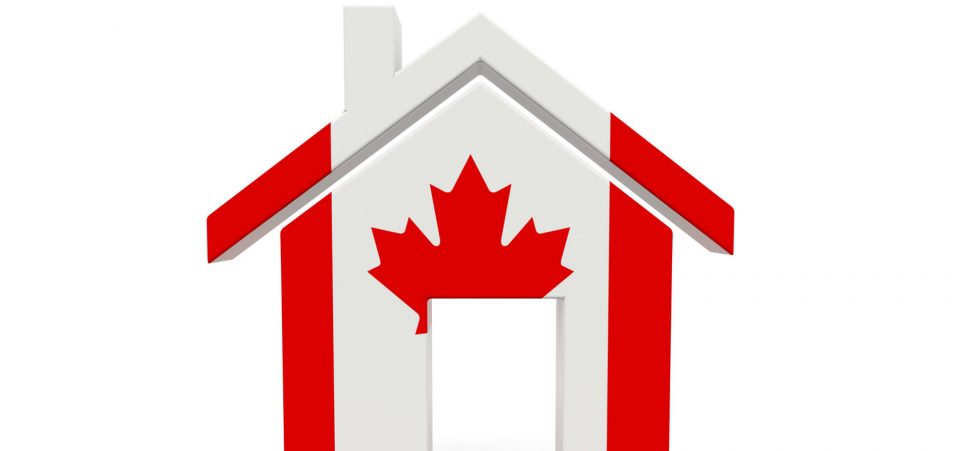Closing the Foreign Buyers’ Loophole
Potential home buyers in Canada are head over heels for new rules which discourage non-resident foreign citizens from buying Canadian real estate. However, these new regulations could have side effects on the Canadian economy, namely an implosion of Canada’s housing bubble.
Finance Minister Bill Morneau unveiled the changes on Monday. Analysts are viewing the rules as an attempt to slow down the inflow of foreign capital to Vancouver and Toronto’s real estate markets.
The tax loophole allows non-residents to purchase property in Canada and later use it for tax exemptions. It was originally crafted for Canadians who intend to use that home as their principal residence, but has been widely abused by overseas speculators looking to park their cash. (Source: “Trudeau government to close foreign-buyers loophole,” The Globe and Mail, October 3, 2016.)
Here’s how it works: foreign buyers, typically from China, scoop up Canadian real estate while on vacation in the “Great White North.” They are trying to expatriate cash held in countries with stringent capital controls, but it accidentally makes Canadian real estate unaffordable to regular citizens.
For instance, household incomes aren’t rising as fast as home prices. This could mean that Canadian residents can’t afford to buy real estate without taking on more debt. After all, if people aren’t getting any richer, but the cost of home ownership rises, what else can they do but borrow?
Many observers think this surge in real estate prices explains why Canadians hold $1.65 in household debt for every $1.00 in disposable income. It is not a tenable situation over the long haul, yet it is an eventuality if the gap between home prices and incomes continue to grow.
The new rules are supposed to close the gap. Foreign buyers will have to show proof that at least one member of the homeowner’s family has lived in the house during the year. Only then can the house be listed as a principal residence, and therefore be eligible for the tax exemption.
If these rules succeed in slowing down the inflow of foreign capital, the effects could be far reaching. We could see a slowdown in housing demand, which would lead to a surge of listings as people try to exit at the top of the market.
Ironically, that oversupply could further depress home prices and lead to a crash in the Canadian housing market.






